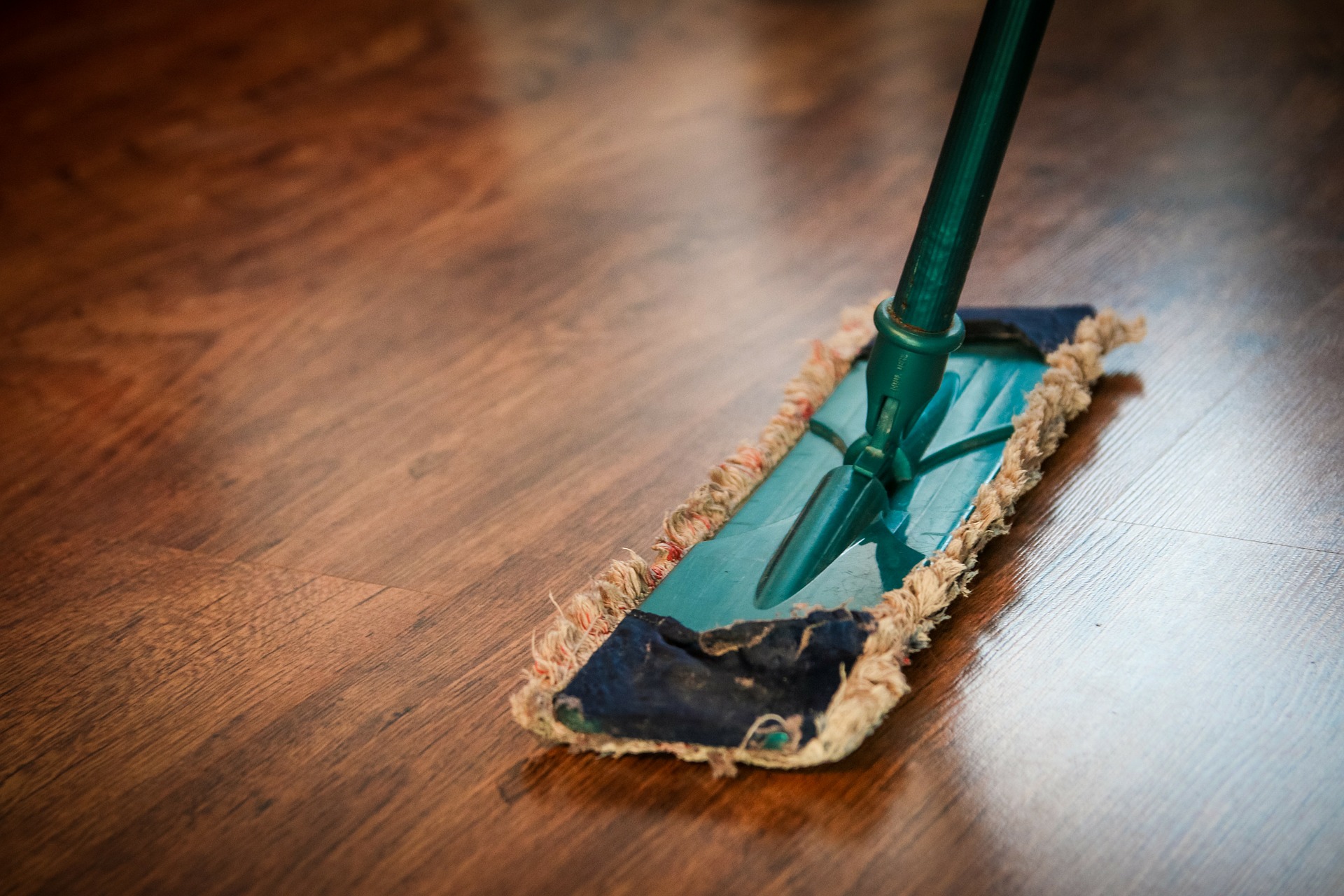The modern market is overfilled with various chemicals which can be used for cleaning. Some of them promise us to make our homes virtually sterile whereas other seem to be absolutely eco-friendly. Those people who are particularly concerned about the nature recommend to use more natural substances not leaving a harsh impact on the natural environment. Needless to say, at some point anyone can get confused about the products available for cleaning.
On top of that, many people have washing machines and dishwashers which also add to the general confusion about the way you should keep the neat. This article might help you understand some things about cleaning your home better.
Cleaning your house will make it sterile
There are two popular myths about cleaning and having your house sterile. The first one is an overall misunderstanding people usually have when it comes to using cleaning chemistry. Many people believe this will make their houses sterile. Actually, the same had been true about general practice of hand-washing before the outbreak of coronavirus when people realised they had to buy specialised antimicrobial substances for sterilising their hands.
The truth is washing your home will make it clean, albeit not sterile which means some microorganisms will still live there. Certainly, dirt especially organic one is creating a perfect environment for the proliferation of various pathogenic organisms. Once you clean the surface of such dirt, you do not let the microorganisms to grow. Yet, they can still be there.
In order to get rid of them completely, you will need to clean the house with specialised products which can really sterilise the surfaces. Some of the items in your home can also be washed in the water close to 100 degrees Celsius which will also make them sterile. Of course, you should make sure first whether it is allowed to use such a high temperature for cleaning particular objects. The same goes for cleaning various surfaces with harsh chemistry capable of sterilising. It is crucial to understand that such products can destroy some materials or leave stains because of a brightening effect of many products containing chlorine.
At the same time you should very careful about using disinfecting substances at home if there are children or pets. Touching the surfaces even with small residuals of chlorine and other harsh chemicals can be rather serious if your child licks the fingers or rub one’s eyes afterward.
Using disinfecting substances without prior cleaning does not make any sense
Another popular myth about cleaning is that treating a surface with a substance which has a disinfecting property will not make it clean. If something is covered in mud, there is no point of spraying it with a disinfecting products. Pathogenic microorganisms can easily hide in the layers of dirt and will be completely unharmed by your attempts to fight with them.
That is why, you should always clean the surfaces first and use an antimicrobial substance afterwards unless it is a multifunctional product.
Vinegar is a universal product
You might have come across a variety of recommendations on switching to natural products from harsh chemicals. One of the most beloved products of eco-friendly people is vinegar which is advertised as a universal substance which can be used for washing absolutely anything at home.
Vinegar indeed has great cleaning properties and in some situations it can be as effective as many specialised cleaning products. For example, it is very potent when it comes to washing the remains of lime as well as wiping mirrors and windows.
Still, it is important to understand that some materials should never be treated with vinegar as it can damage them permanently. For instance, wood and granite are such materials.
Dishwashers and washing machines can wash themselves
Unfortunately, many people believe the home appliances which have been designed for washing other things, especially washing machines and dishwashers, can wash themselves. It seems logical since we are adding chemicals for washing other items inside these devices and turning on the washing process.
Still, such devices as washing machines and dishwashers can become rather dirty inside because of all of the residuals of various products inside. According to some experiments, washing machines might even have pathogenic bacteria, for instance, Salmonella.
Even if there is nothing pathogenic inside your home appliances, the remains of various organic substances are a good source of food for microorganisms. That is why, for instance, washing machines can become overgrown by fungi which love the humidity, food and temperature inside such devices. That is why you should regularly wash these appliances as well.

